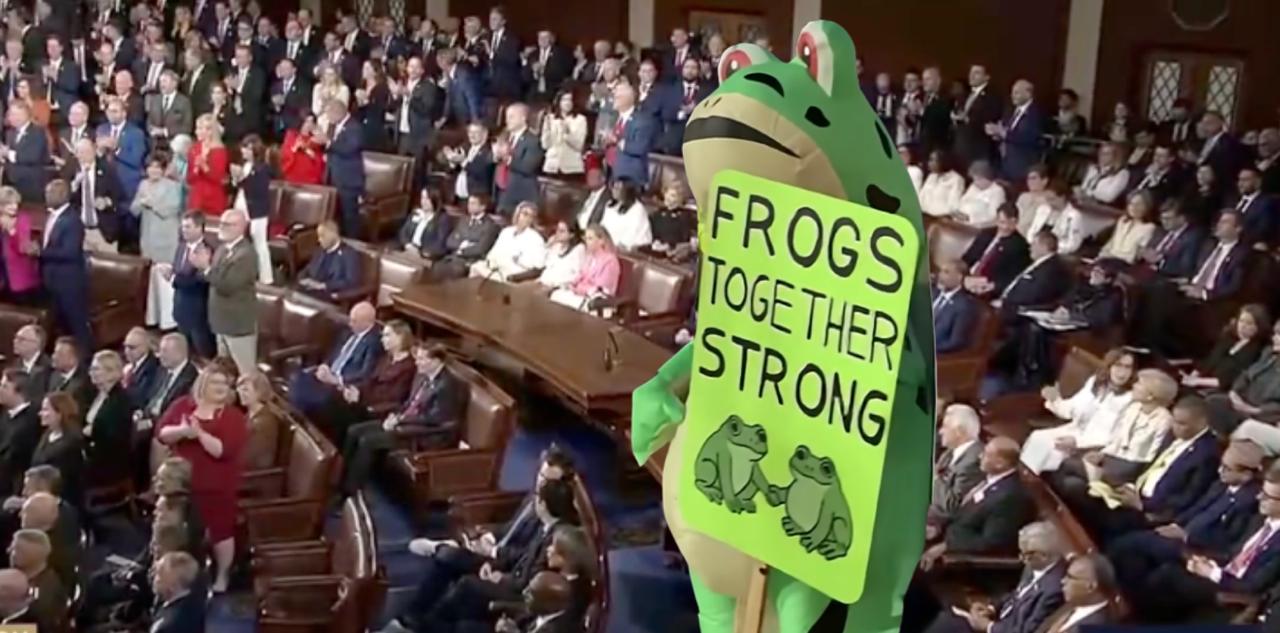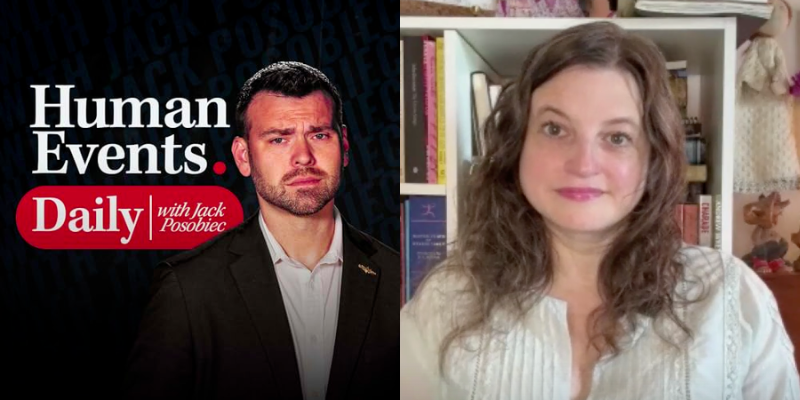The Netflix docuseries Harry & Meghan is culturally significant because it is so thoroughly a product of its time.
Premiering on a streaming platform on Thursday, the three-episode initial release of the complete series features a cast of anti-heroes. Prince Harry, Meghan Markle (the Sussexes), and those in the Royal Family “system” are awful people, but none of them is completely awful. Production quality is high with the deft use of photography, cinematography, and narration.
A real Game of Thrones that also contains only flawed characters, Harry & Meghan render life in the royal system through interviews and archive footage as something out of a dystopic Black Mirror scenario. But Harry and Meghan are also of the social movements that focus on gender equality and mental health. To that end, Harry frames his and Meghan’s ordeal as the result of “the pain and suffering of women marrying into this institution.”
This show is a product of television’s Golden Age but is also subject to the prevailing social preoccupations.
Anyone dismissing this show out of their dislike for either the Duke or Duchess of Sussex is giving short shrift to Harry & Meghan. But for all of Harry & Meghan’s cinematic timeliness, Harry and Meghan are still awful and narcissistic people.
For that reason, I only watched the first 56-minute-long episode. I found it unnecessary to pursue the couple’s “story” further to write this review. To amend a witty remark from the Queen in Netflix’s The Crown, I’m a writer, not a masochist.
My sense is that Harry is still a broken person, having grown up in an emotionally remote environment after his mother’s premature death.
Harry’s anger surfaces as the episode threads Diana’s unhappiness amid the paparazzi glare preceding her death with the Duke’s search for a partner who can withstand life in the system. In juxtaposition to footage of Diana in front of the cameras, Harry calls the tabloids exposing his relationship with Meghan “the same media that had driven so many other people away from me.”
“It is my duty to uncover the exploitation and bribery that happens within our media,” Harry states earlier in the episode, which suggests that news outlets are complicit in the emotional unhappiness that pervades the Royal Family and disproportionately impacts its female members.
If Harry & Meghan was a substantive exposé, I would have bothered with Episodes 2 and 3. But it is still a nauseating love story.
“Meghan and I met over Instagram,” Harry states. “I went through [his Instagram] and it was just beautiful photography,” Meghan says, explaining how she determined who Harry was as a person.
The bottom line is that there is not much mystery as to why the Sussexes’ departure from the Royal Family unfolded as it did. “[Meghan is] so similar to my mom,” Harry states. We hardly need more episodes to elaborate on how Harry’s pain compelled him to marry Meghan and then make the wise choice to ditch the system.
Harry and Meghan did the right thing by leaving. They appear happy together and are much closer to normal than the senior royals, even if they epitomize all the vapid and insufferable trappings of celebrity culture.
Episode 1 relates that all the interviews were conducted in August 2022. The narrated portion accurately documents Queen Elizabeth II’s Sep. 8 death, which suggests that Netflix did quick editing to make the docuseries relevant for a post-Elizabethan audience.
Without Elizabeth on the throne, the Royal Family has no best argument left for its continuation. The Victorian sense of duty that redeemed Britain’s inherently indefensible institution died out with her.
Without the late queen, it is easier to acknowledge the Royal Family’s failings and irrelevance. The system punishes its members to cultivate a global popularity that ensures its survival. The system operates for its own sake.
Harry is right about the Royal Family as an institution. But accepting his point of view on the system does not mean we have to accept that the Sussexes are not also deeply flawed.
It is possible to recognize that Meghan Markle was a victim of unfair treatment in the United Kingdom while she also behaved as a prima donna actress.
Meghan & Harry is culturally important because it reflects the general population’s inability to synthesize two contradictory thoughts. Media coverage of the Sussexes’ departure is binary: you’re either pro-Meghan or (at the time) pro-Queen. That reductionist thinking explains why politics is so divisive and toxic. The electorate has lost the ability to analyze complex ideas and situations.
The Netflix docuseries echoes the unthinking tribalism of our current cultural politics. It paints the two sides in the schism as light and dark when everyone involved is really a shade of gray.





